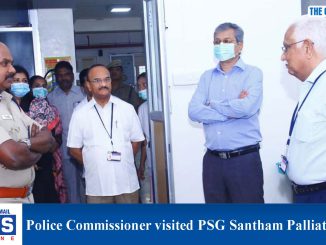
The Southern Indian Manufacturers Association (SIEMA) reiterates its firm opposition to the proposed two-days-a-week holiday for banks, a decision that could have significant repercussions on various segments of society, particularly rural communities and farmers. This move, if implemented, may exacerbate the challenges faced by these vital stakeholders who are already grappling with limited access to essential banking services.

Farmers, who constitute a pivotal part of our economy and predominantly reside in rural areas, heavily rely on banking facilities for their financial needs. The proposed reduction in working days could exacerbate the existing hardships faced by the farmers, hindering their ability to access timely credit, make transactions, and avail themselves of crucial financial services. Many farming activities are time-sensitive, and any disruption to their access to banking could potentially disrupt the agricultural cycle and impede their productivity.
We must consider the broader implications of any decision on working days for banks. The farming community, which forms the backbone of our nation’s agrarian economy, stands to bear the brunt of reduced banking accessibility. It is imperative that we take into account the challenges faced by these individuals and ensure that their interests are safeguarded.
SIEMA calls on the Reserve Bank of India (RBI) to consider the potential consequences of this proposal on rural communities and explore alternative measures that ensure the continuity of vital banking services. The impact of this decision could reverberate across rural India, affecting not only farmers but also the overall economic stability of these regions. We propose that the RBI assess options that maintain accessibility and availability of banking services while addressing the concerns of bank employees.
As a dedicated advocate for economic progress and inclusive growth, SIEMA urges the RBI to engage in a comprehensive dialogue with representatives of rural communities, farmers, and other stakeholders, to arrive at a balanced solution that prioritizes the needs of all segments of society.



